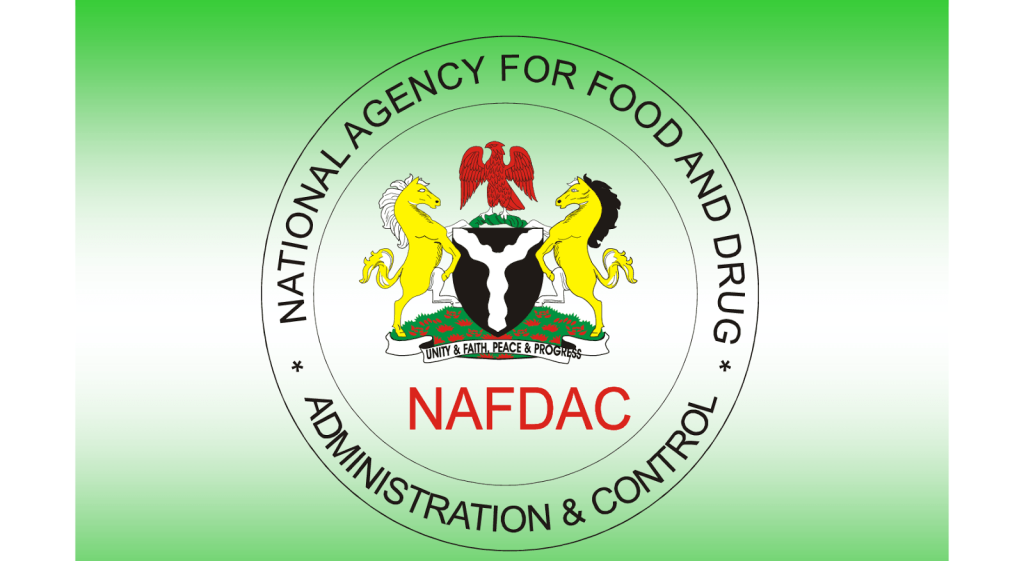The National Agency for Food and Drug Administration and Control (NAFDAC) has issued a public alert over the illegal circulation and marketing of a substandard and falsified medical product, the Knowit Insulin Syringe 40 IU 29G x 1/2, in Nigeria. The agency warned that the continued use of outdated 40 IU/ML insulin syringes poses serious risks of dosing errors, which could lead to life-threatening complications for diabetic patients.
In a statement released on Monday, NAFDAC highlighted concerns raised by the Association of Community Pharmacists of Nigeria regarding the persistent use of 40 IU/ML insulin syringes despite the availability of standardized 100 IU/ML syringes. The agency emphasized that the 40 IU/ML syringe is no longer registered and its use is unsafe for administering modern insulin formulations.
Key Points from NAFDAC’s Statement
- Illegal Circulation of Substandard Syringes: NAFDAC alerted the public about the illegal circulation and marketing of the Knowit Insulin Syringe 40 IU 29G x 1/2, which is substandard and falsified.
- Outdated Syringes Pose Risks: The 40 IU/ML insulin syringe was previously approved for use with Lente animal insulins, which were available in both 40 IU/ML and 100 IU/ML strengths. However, with the discontinuation of animal insulins and the standardization of human insulins at 100 IU/ML, the 40 IU/ML syringe is no longer applicable or registered by NAFDAC.
- Risk of Dosing Errors: Using a 40 IU/ML syringe to administer 100 IU/ML insulin exposes patients to a high risk of dosing errors. The calculations required to adjust for this mismatch cannot be reliably performed by most patients, leading to potentially life-threatening complications.
- Call for Vigilance: NAFDAC urged importers, distributors, retailers, healthcare professionals, and caregivers to be vigilant and prevent the importation, distribution, and sale of the substandard product.
NAFDAC’s Directive for Surveillance and Enforcement
To address the issue, NAFDAC directed all its zonal directors and state coordinators to conduct surveillance and remove substandard and falsified insulin syringes from circulation. The agency also called on healthcare providers and the public to report any sightings of the product or incidents involving substandard or falsified medical products to the nearest NAFDAC office.
Implications for Diabetic Patients
The use of outdated 40 IU/ML insulin syringes poses significant risks to diabetic patients, who rely on accurate insulin dosing to manage their condition. Dosing errors can lead to severe complications, including hypoglycemia (dangerously low blood sugar levels) or hyperglycemia (high blood sugar levels), both of which can have life-threatening consequences.
NAFDAC’s warning underscores the importance of using only approved and standardized medical devices, particularly for critical treatments like insulin administration.
Public Advisory
NAFDAC advised the public to:
- Avoid purchasing or using the Knowit Insulin Syringe 40 IU 29G x 1/2.
- Ensure that insulin syringes used are standardized at 100 IU/ML.
- Report any suspicious or substandard medical products to NAFDAC.
- Seek guidance from healthcare professionals when in doubt about the appropriate medical devices for insulin administration.
Conclusion
NAFDAC’s alert over the illegal circulation of substandard insulin syringes highlights the agency’s commitment to safeguarding public health and ensuring the safety of medical products in Nigeria. The continued use of outdated 40 IU/ML syringes poses serious risks to diabetic patients, and the agency’s call for vigilance and enforcement is a critical step in addressing this issue.
By raising awareness and taking decisive action, NAFDAC aims to prevent harm to patients and restore confidence in the quality and safety of medical products available in the country. The public is urged to cooperate with the agency’s efforts and prioritize the use of approved and standardized medical devices for their health and well-being.












